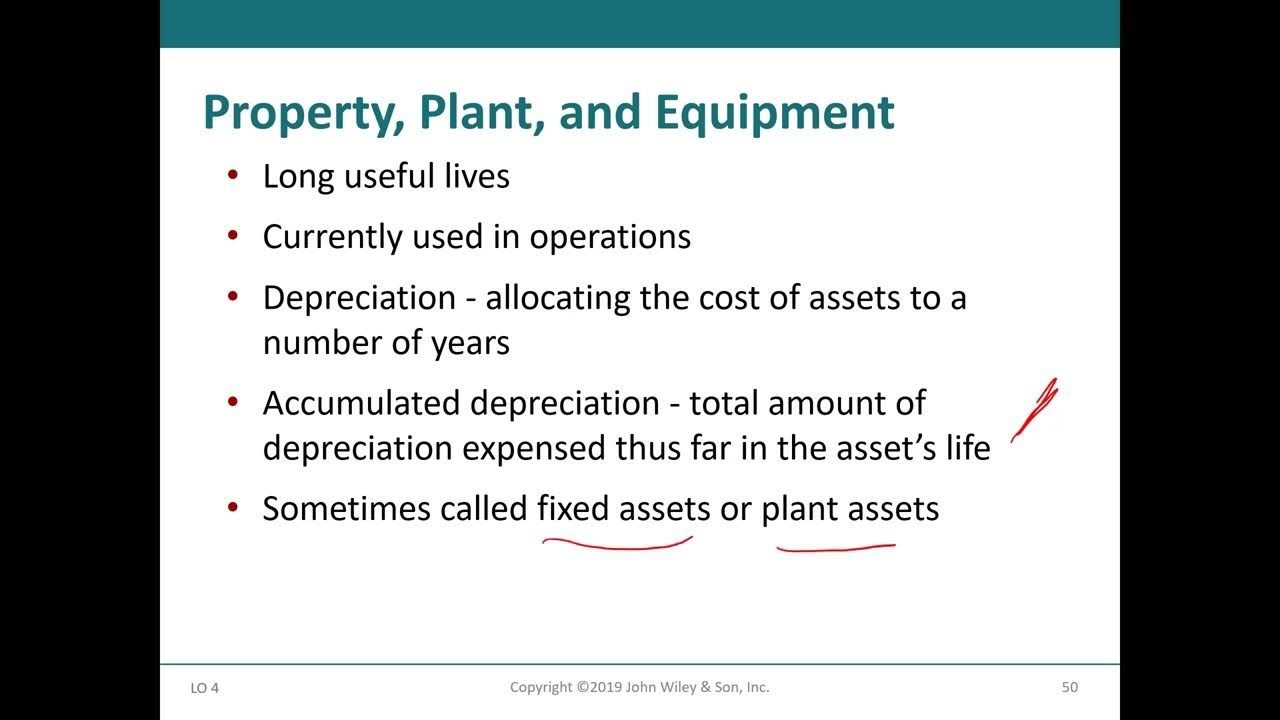Global Financial Instruments I
Summary
TLDRThis lecture provides an in-depth exploration of various global financial instruments, focusing on short-term and long-term investments. It covers key money market instruments like Treasury bills, certificates of deposit (CDs), commercial paper, and bankers' acceptances. The speaker explains how these instruments function, including their maturity terms, risks, and how they're used by companies like Hershey and IBM for short-term financing. The lecture also touches on Eurodollar deposits, describing how companies deposit U.S. dollars in foreign banks before converting them into their home currency. Overall, the lecture highlights key concepts of short-term global financial markets.
Takeaways
- 📊 Investments and instruments are used interchangeably in the lecture, referring to financial tools for investors.
- 💵 Money market instruments, which mature in one year or less, are discussed as short-term investments.
- 📝 Treasury bills are the shortest borrowing instruments used by the US government, with maturities from 90 to 365 days and are sold at a discount from face value.
- 💰 Treasury bills are considered risk-free as they are backed by the US government's taxing authority.
- 🏦 Certificates of Deposit (CDs) are available for both retail and commercial markets, offering fixed returns over a set period.
- 🏷 Commercial paper allows companies like Hershey to borrow short-term without registering with the SEC, providing a secured loan option for companies.
- 💼 Bankers' acceptances were once a popular tool for financing short-term loans globally but have declined in use due to technological advances.
- 🌍 Bankers' acceptances are still considered global financial instruments as they are often bundled and sold to hedge funds.
- 💸 Eurodollars refer to US dollars held in foreign banks, used by international companies like Volkswagen and Electrolux before converting to home currency.
- 🏛 Hedge funds play a role in the global financial market by investing in portfolios of bankers' acceptances and other instruments.
Q & A
What are money market instruments?
-Money market instruments are financial investments with a maturity of one year or less, used for short-term borrowing and lending. The market for these instruments is called the money market.
What are Treasury bills and how do they work?
-Treasury bills are short-term borrowing instruments used by the US Treasury, with maturities ranging from 90 to 365 days. They are sold at a discount, and when they mature, investors receive the full face value, with the difference being the interest earned.
Why are Treasury bills considered a riskless investment?
-Treasury bills are considered riskless because they are backed by the full taxing authority of the US federal government, making it highly unlikely for the government to go bankrupt within the short period before maturity.
What is a certificate of deposit (CD), and how does it differ from retail to commercial CDs?
-A certificate of deposit (CD) is a fixed-term deposit in a bank that pays interest. Retail CDs are available to individuals, while commercial CDs are for large corporations, typically with face values of $100,000 or more.
What is commercial paper and why do companies use it?
-Commercial paper is a short-term loan issued by companies, with a maturity of 185 days or less. It allows companies to avoid the costly and lengthy process of registering securities with the SEC, making it a cost-effective way to raise short-term funds.
What are the advantages of using commercial paper for companies like Hershey?
-Commercial paper offers lower interest rates since it is often secured by assets. It also avoids SEC registration, saving the company time and money. Additionally, the interest on commercial paper is tax-free for investors.
What are bankers' acceptances, and how do they work?
-Bankers' acceptances are short-term loans used to finance transactions between companies. A bank pays the seller a discounted value of the invoice and later collects the full amount from the buyer, earning interest on the difference.
Why have bankers' acceptances become less popular over time?
-Bankers' acceptances have become less popular due to the advent of the internet and other technological advancements, which have made other financing options more efficient.
What are Eurodollars, and how are they created?
-Eurodollars are US dollar-denominated deposits held in foreign banks or foreign branches of US banks. They are created when companies like Volkswagen deposit their US revenues in dollar-denominated accounts in their home countries before converting them into their local currency.
Why are Eurodollar deposits considered global financial instruments?
-Eurodollar deposits are considered global financial instruments because they allow companies operating internationally to manage their foreign currency revenues in US dollars before converting them into their home currencies, providing flexibility in international finance.
Outlines

此内容仅限付费用户访问。 请升级后访问。
立即升级Mindmap

此内容仅限付费用户访问。 请升级后访问。
立即升级Keywords

此内容仅限付费用户访问。 请升级后访问。
立即升级Highlights

此内容仅限付费用户访问。 请升级后访问。
立即升级Transcripts

此内容仅限付费用户访问。 请升级后访问。
立即升级浏览更多相关视频

Financial Accounting 1: 13- Sections Of A Classified Statement Of Financial Position (شرح بالعربي)

Kuliah Bank dan Lembaga Keuangan - Ep.12 Pasar Uang dan Pasar Modal

COMO ENSINEI MEU AMIGO A DOBRAR SUA RESERVA DE FORMA SIMPLES E NA PRÁTICA! COMPARTILHEI COM VOCÊ !!

Guidelines To Build Your Investment Portfolio Step By Step Guide

Business Finance Module 3: Flow of Funds and the Role of the Financial Manager | Overview | Grade 12

Warga Berburu Emas Di Saat Yang Tepat? Ini Kata Perencana Keuangan | SEDANG VIRAL
5.0 / 5 (0 votes)
